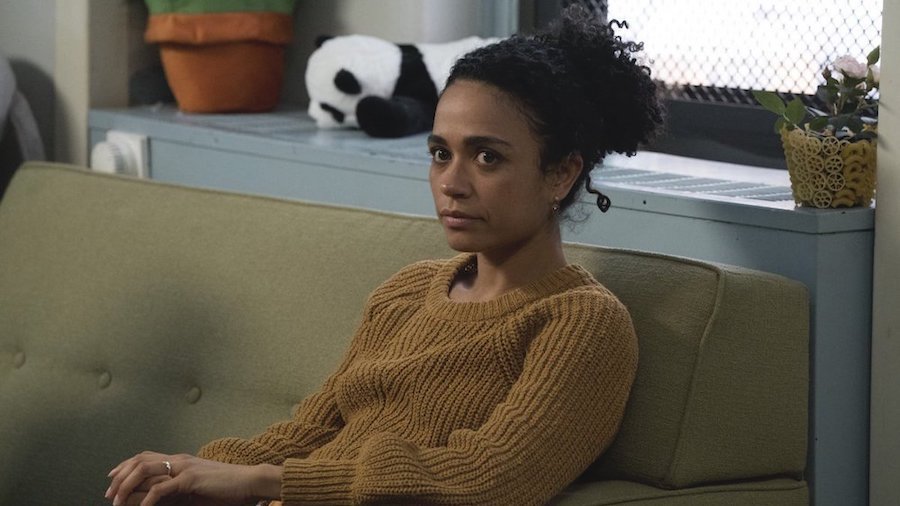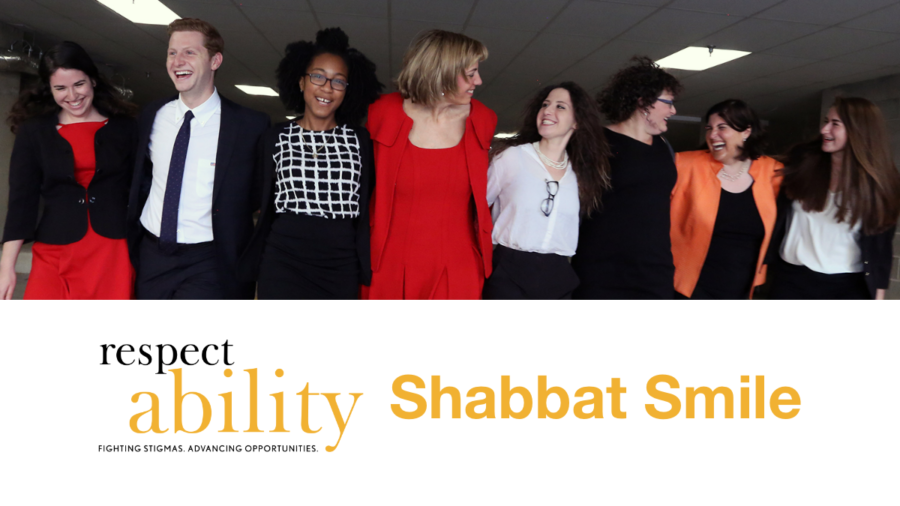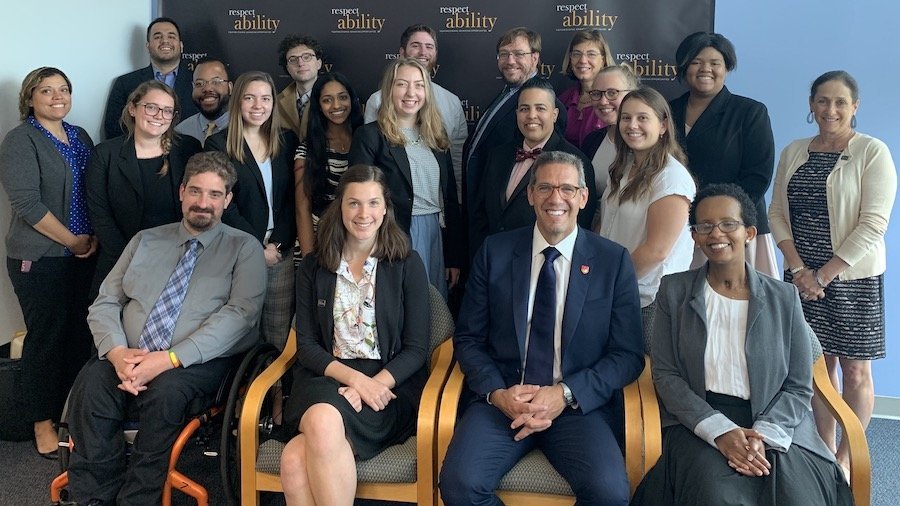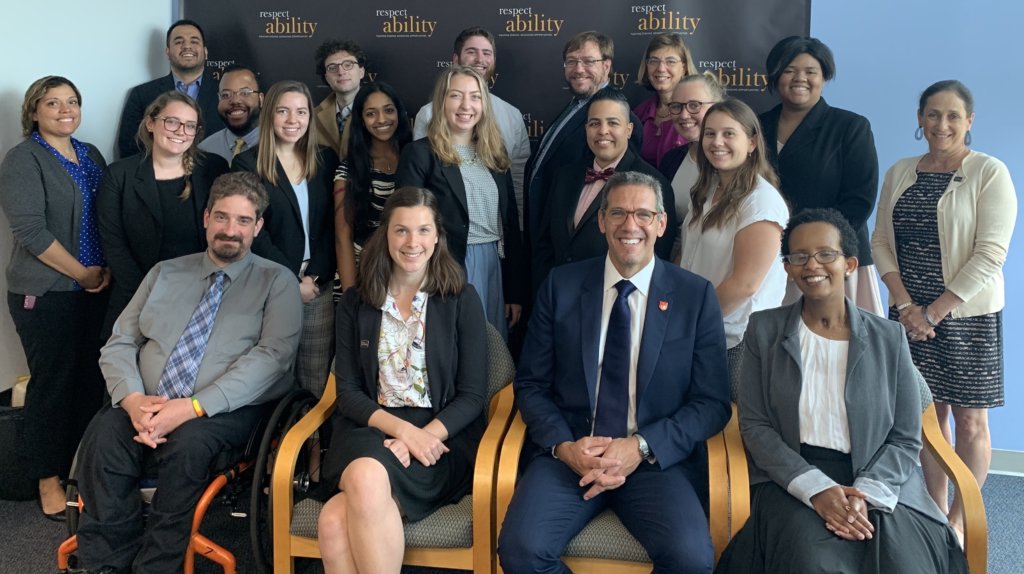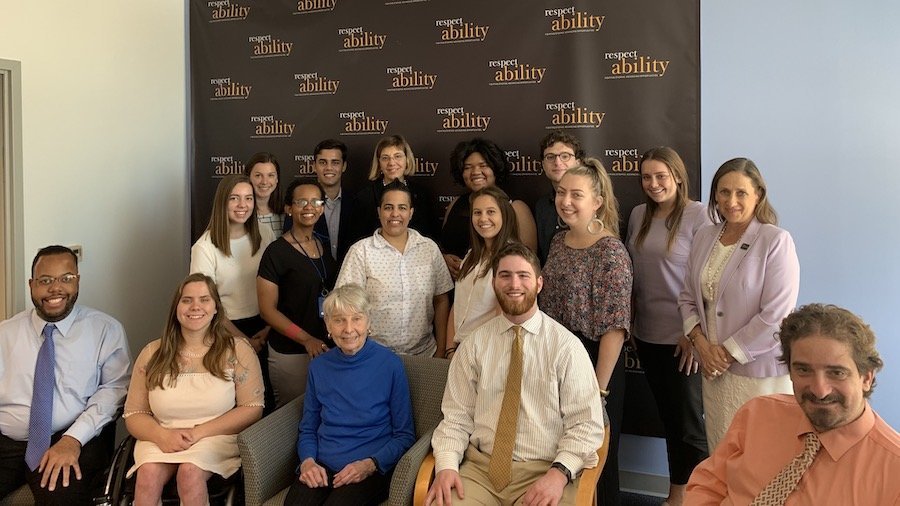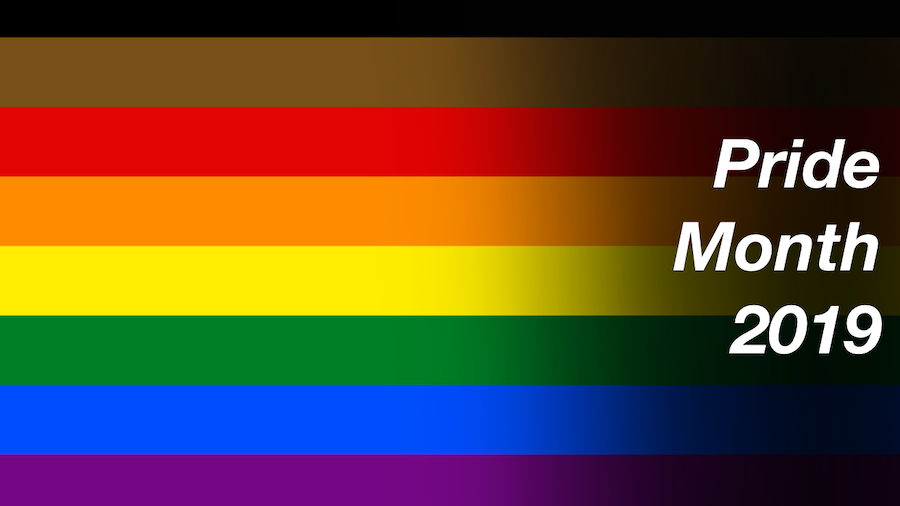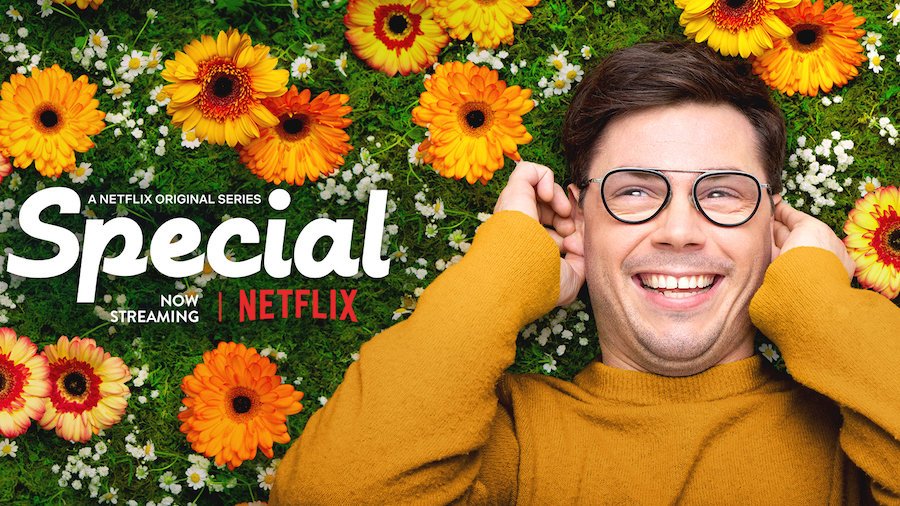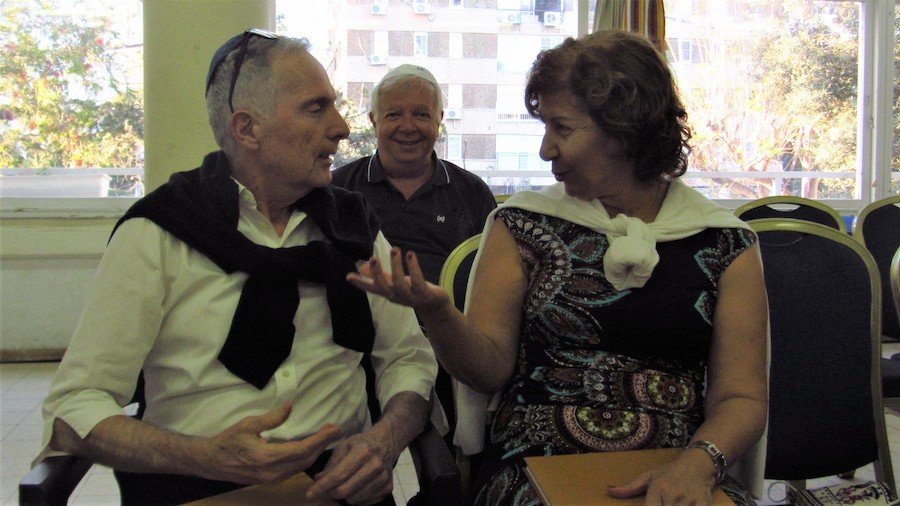Los Angeles, California, July 9 – American actress and former Miss Deaf America Lauren Ridloff is known for her 2018 Tony-nominated Broadway performance as Sarah Norman in Children of a Lesser God, and as Connie in the AMC Television series The Walking Dead. Recently she appeared on NBC’s New Amsterdam as Margot, a black, deaf LGBT patient who recently received a cochlear implant. Ridloff called the storyline “unique” in an interview with RespectAbility. She said it is “so surprising to see this play out on a television hospital drama.” Ultimately, Margot “regains” her deafness after deciding to have the cochlear implant removed.
“I was concerned about playing a person with a CI because I do not have CIs myself,” Ridloff said. “I reached out to three friends who are “Deaf” and have CIs to make sure that they felt that this portrayal was fair. One wished I wouldn’t take this role. One thought I was a great choice. And the other friend who is a fellow actor also understood the stakes of playing someone outside of my realm.”
“There are so many people who are perfectly happy with their CIs,” she added. “There are also many people who identify themselves as capital “Deaf” (meaning culturally and proudly deaf) and have gone under the knife for a CI, either out of sheer curiosity or for enhancement of what they already have. And they’ve stopped using their CIs because it did not meet their expectations. This episode just adds another layer to the whole Deaf narrative.”
In addition, this storyline in New Amsterdam showcases diverse racial, gender and sexual orientations with disabilities on television, something that is often not done.
“It is so important to showcase people with disabilities with intersectional identities because that allows viewers to see beyond disability,” Ridloff said. “People with disabilities are multilayered—we are complex breathing human beings defined by more than just what we lack.”
Read the full interview below: [continue reading…]


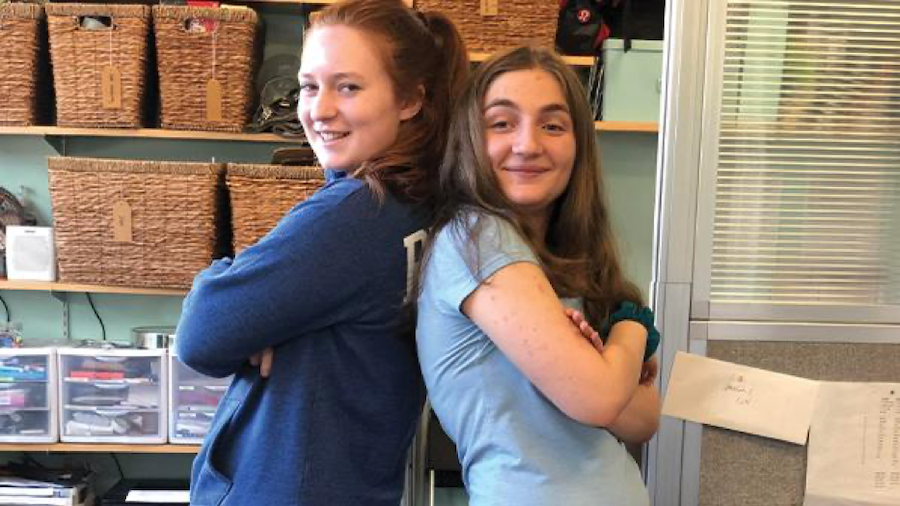
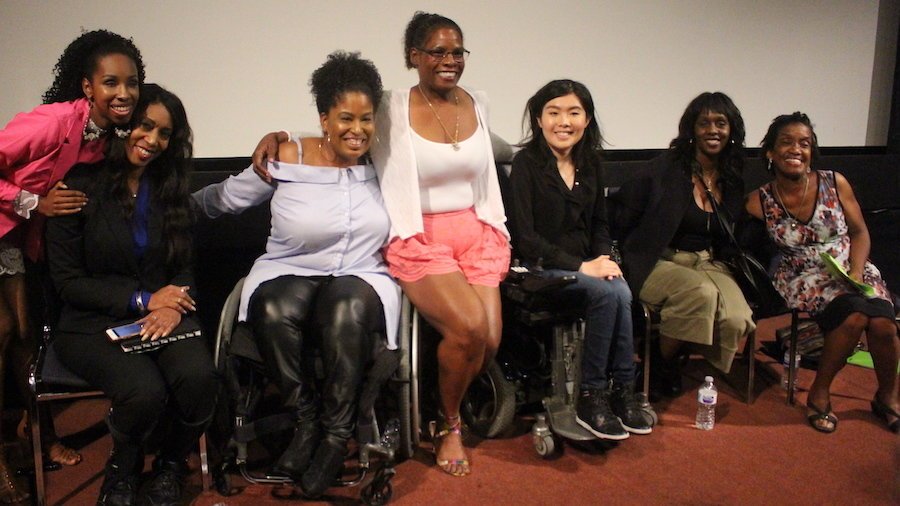
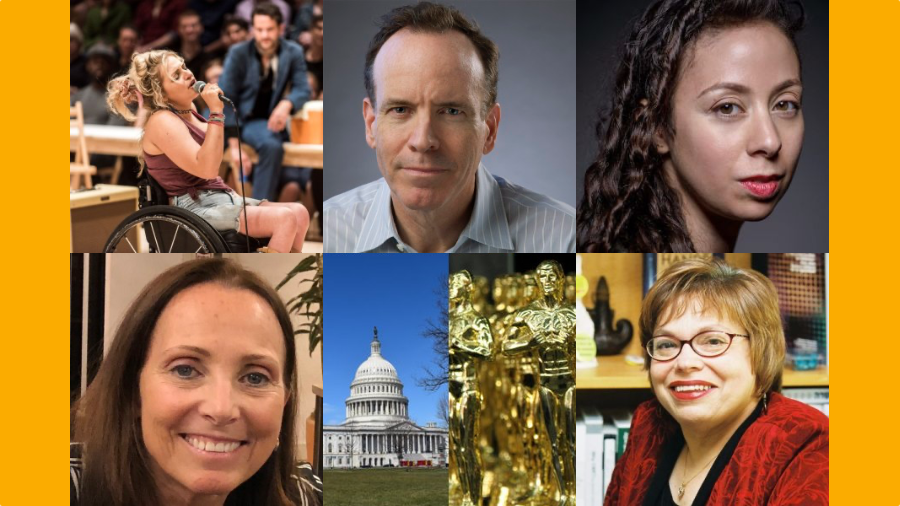
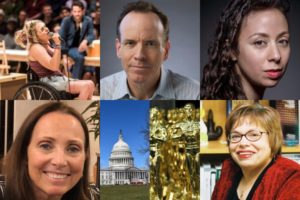 Washington, D.C., July 11 – A panel of diverse leaders with disabilities and their allies are gathering on Monday, July 22 to discuss the changing landscape of disability in media. This panel, composed of disability advocates and entertainment professionals, will be presenting between 1:00 p.m. and 2:00 p.m. as part of a day-long summit sponsored by RespectAbility, a nonprofit organization fighting stigmas and advancing opportunities for people with disabilities.
Washington, D.C., July 11 – A panel of diverse leaders with disabilities and their allies are gathering on Monday, July 22 to discuss the changing landscape of disability in media. This panel, composed of disability advocates and entertainment professionals, will be presenting between 1:00 p.m. and 2:00 p.m. as part of a day-long summit sponsored by RespectAbility, a nonprofit organization fighting stigmas and advancing opportunities for people with disabilities.